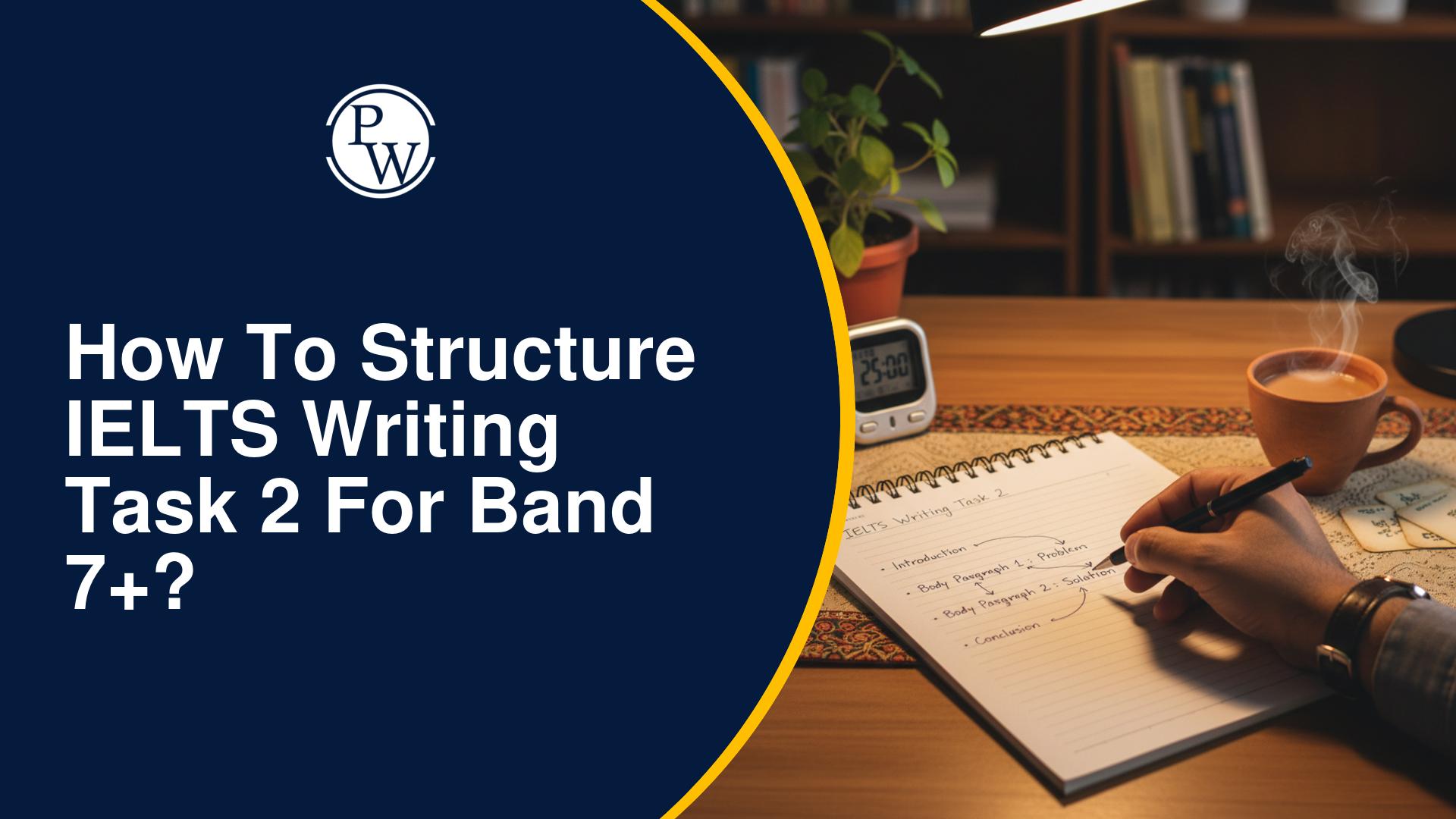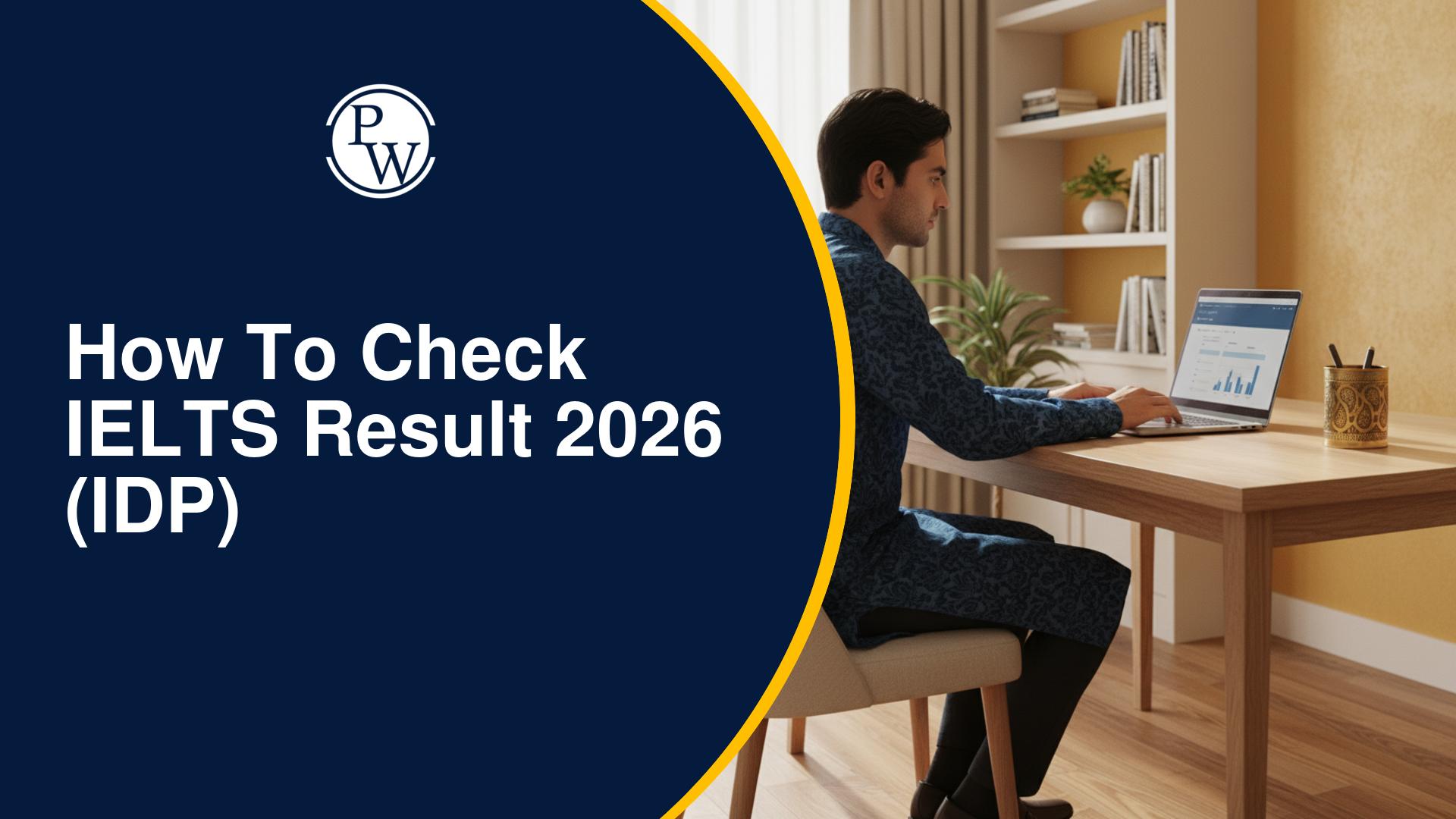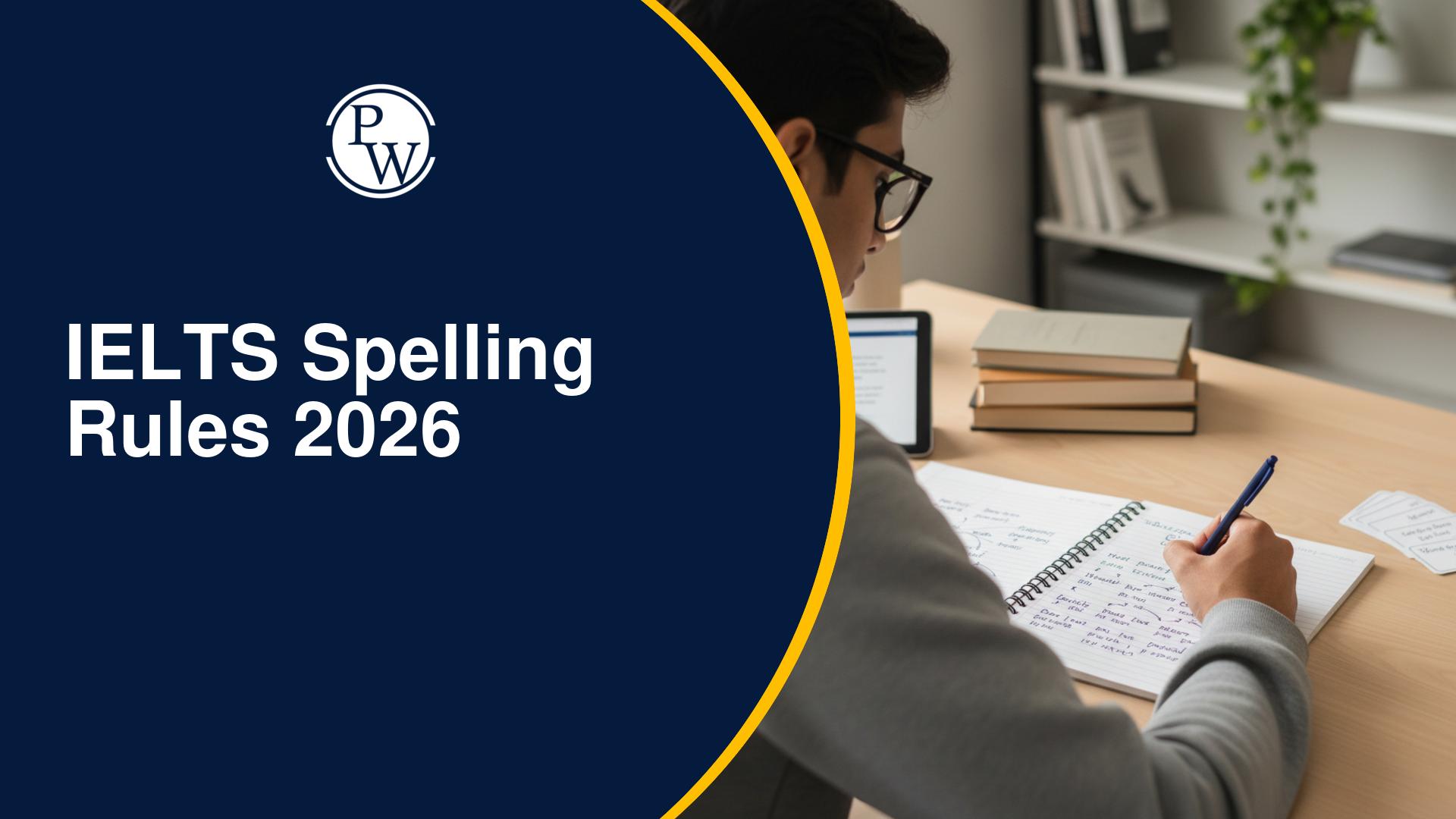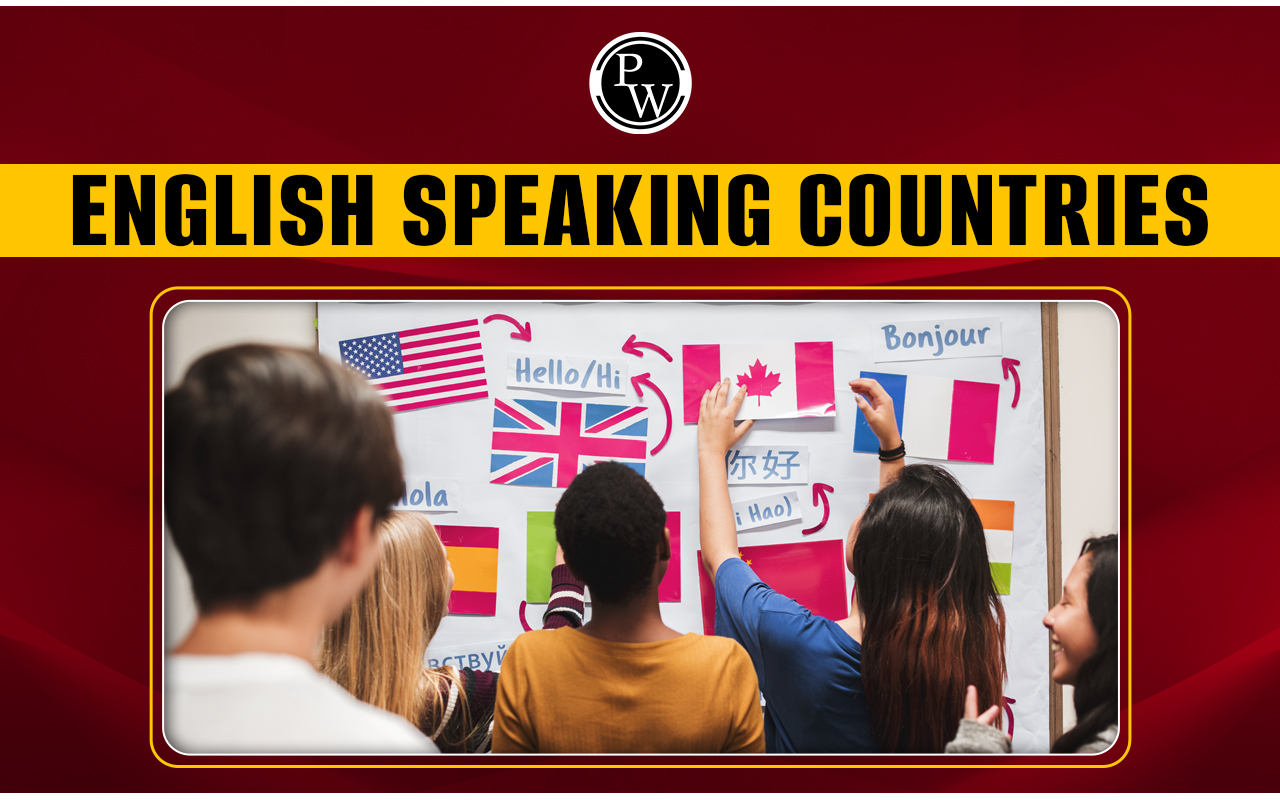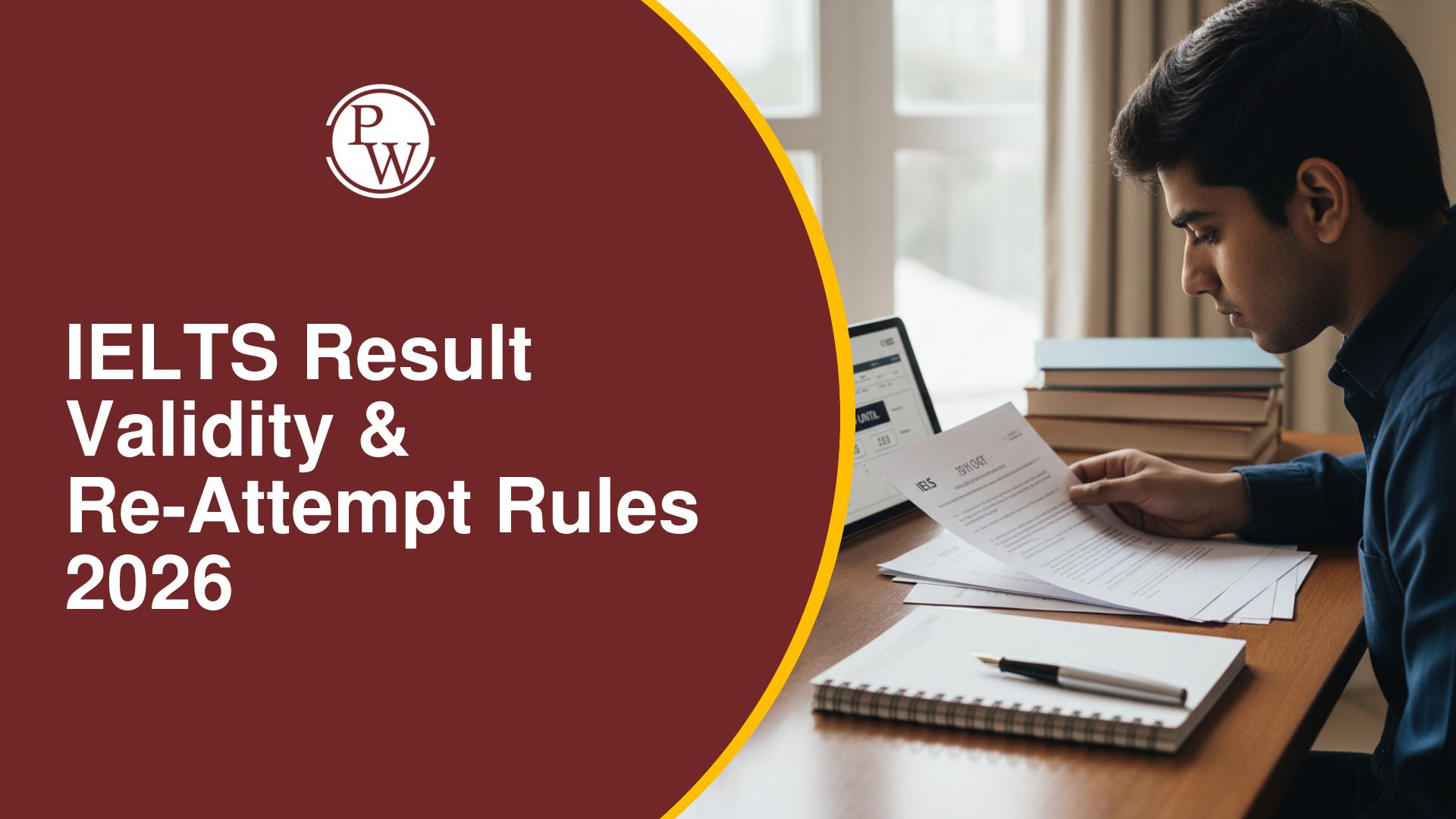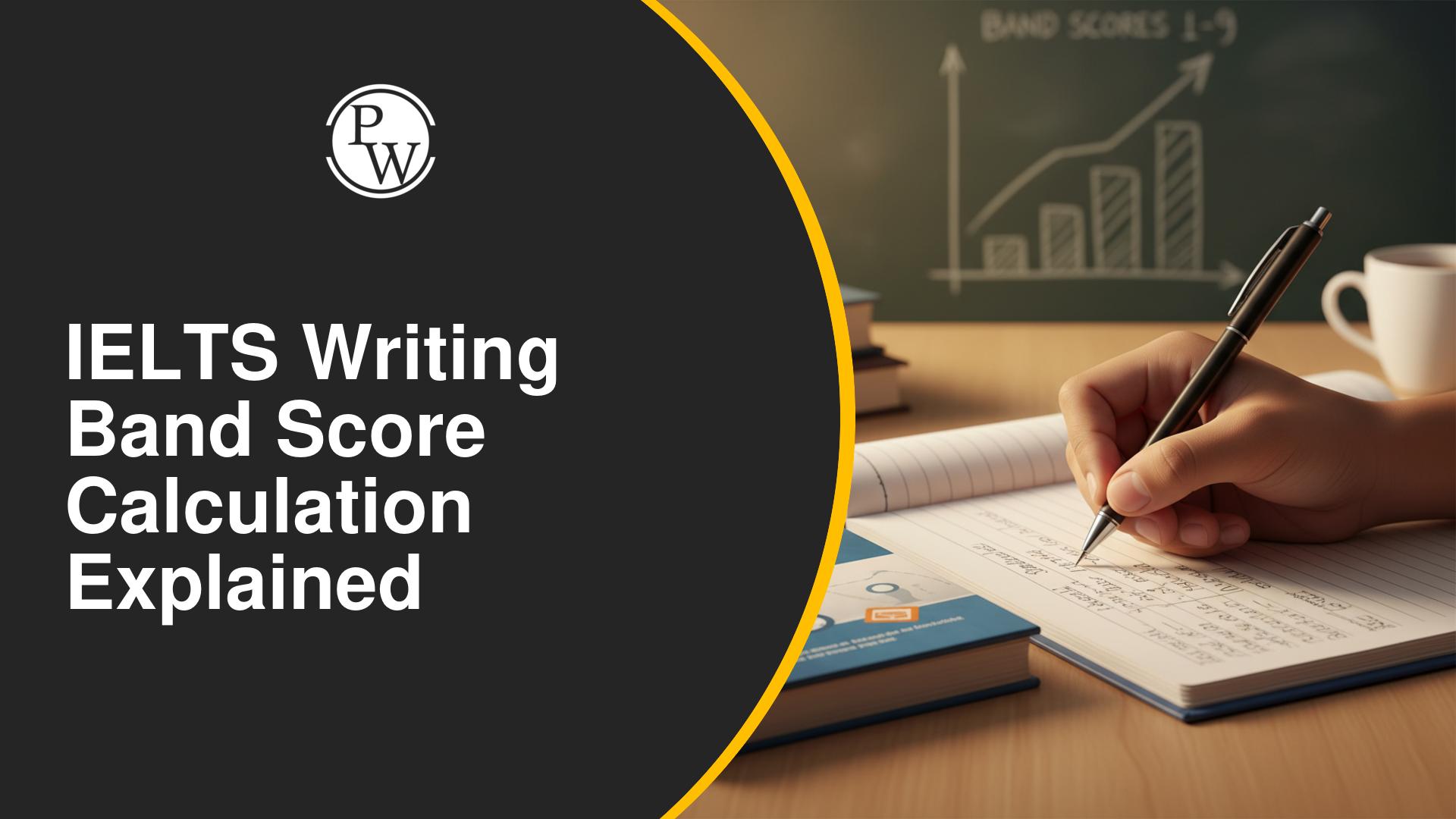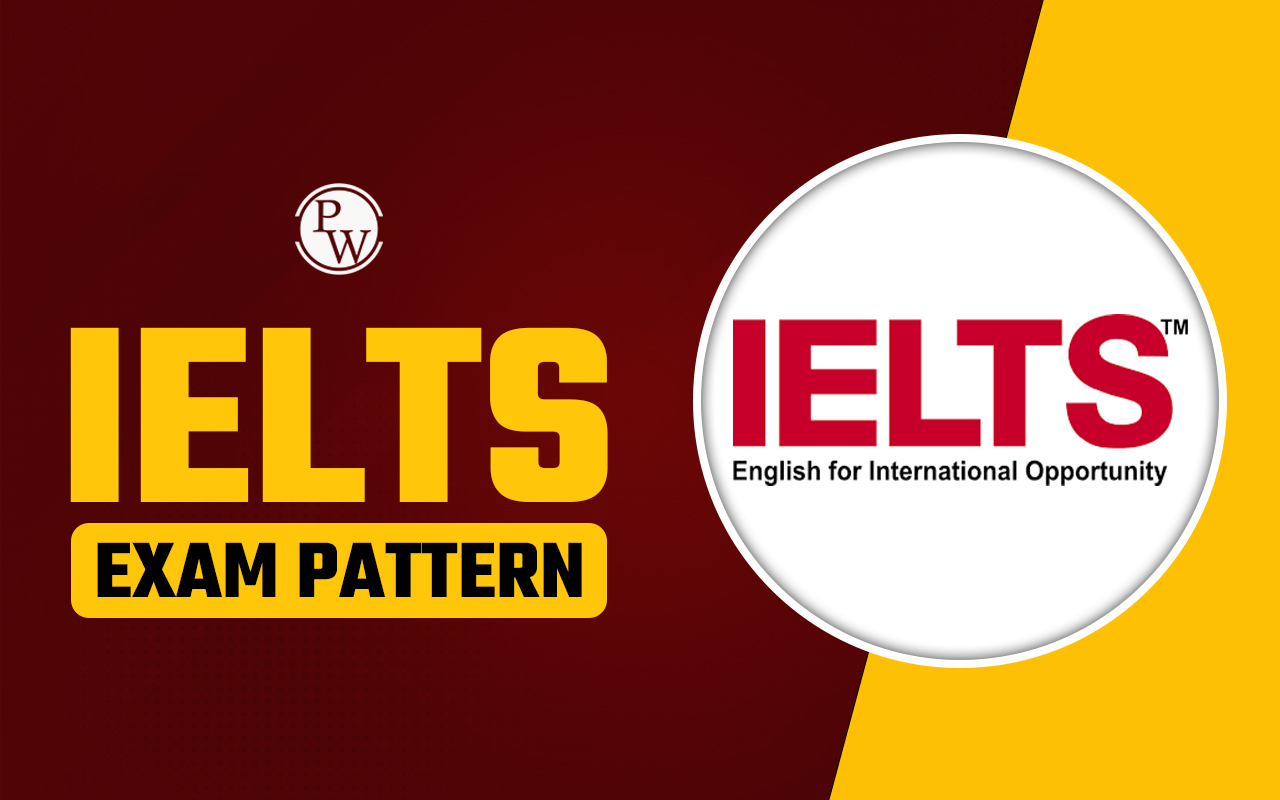
Social Media IELTS Speaking Part 1: The IELTS Speaking test is designed to check how well you communicate in English in real-life situations. Part 1 focuses on familiar topics, like social media, where you answer simple questions about your habits and opinions.
Answering clearly and with structure helps you score better. Candidates need to talk for 1-2 minutes. Here, we have provided sample answers for Social Media IELTS Speaking Part 1 along with follow-up questions. Read the guide completely to get an idea of how to answer IELTS Speaking Part 1 social media questions.
Social Media IELTS Speaking Part 1 Cue Card Overview
In the IELTS Speaking Part 1, social media is a common topic. Here’s what you might be asked to talk about:
-
What social media platforms you use
-
How often you use social media
-
Why you use social media
-
Whether social media affects your daily life
-
And explain your opinion about social media
Also Check:
- IELTS Speaking Vocabulary
- IELTS Speaking Practice Tests
- Family Vocabulary for ielts speaking part 1
- Idioms for IELTS Speaking
Social Media IELTS Speaking Part 1 Model Answer 1
One popular social media platform I use regularly is Instagram.
-
I mostly use it to keep up with my friends and family, especially those who live far away.
-
It’s also great for discovering new things like recipes, travel ideas, and funny videos.
-
I usually check Instagram once or twice a day, especially in the evenings after work.
-
I like it because it helps me stay connected and entertained without spending too much time.
Also Check:
Social Media IELTS Speaking Part 1 Model Answer 2
I spend quite a bit of time on Facebook. It’s an easy way to catch up with old friends and see what’s happening around the world. Although sometimes it can be distracting, I find it useful for joining groups related to my hobbies and interests. Overall, Facebook helps me feel more socially connected.
Social Media IELTS Speaking Part 1 Model Answer 3
I don’t use social media very often, to be honest. I prefer face-to-face conversations or phone calls because they feel more personal. When I do use social media, it’s mostly to check news updates or important announcements. I think social media has its benefits but can also be a bit overwhelming if used too much.
Also Check:
- Describe a Beautiful City IELTS Speaking Cue Card with Answers
- Describe Your Family IELTS Cue Card with Sample Answers
- Describe a Place Where You Go to Relax IELTS Cue Card
- Describe Your Hometown IELTS Speaking Part 1, 2 and 3
- Describe A Family You Know IELTS Cue Card with Sample Answers
- Describe Your Education IELTS Speaking Part 1 Sample Answer
- Describe a Prize That You Received IELTS Cue Card
Social Media IELTS Speaking Part 1 Follow Up Questions
Here are some common follow-up questions you might face related to social media:
1. Do you think social media is good or bad for society?
I believe social media is a bit of both. It’s good because it connects people across the world and helps us share ideas quickly. But sometimes, it spreads fake news or causes people to compare themselves too much, which isn’t healthy. So, it really depends on how people use it.
2. How does social media influence young people?
For young people, social media can be a big influence. It helps them stay updated and learn new things, but it can also distract them from studies or real-life friendships. Plus, seeing perfect pictures online might make some feel insecure. So, it’s important they use it wisely.
3. Do you believe people spend too much time on social media?
Yes, I think many people do spend too much time on social media these days. It’s easy to keep scrolling without noticing how much time passes. This can affect productivity and sometimes even cause stress or anxiety.
4. How can social media be useful for education?
Social media can be very helpful for education because it allows students to join groups, watch educational videos, and get updates from schools or teachers. It makes learning more interactive and accessible for many people.
5. What are the risks of using social media?
The risks include privacy problems, like sharing too much personal information. Also, people can face cyberbullying or scams. Spending too much time on social media can also affect mental health and cause addiction.
6. Has social media changed the way we communicate?
Definitely. Social media has made communication faster and more visual with photos and videos. We can talk to anyone anytime, but sometimes this also reduces face-to-face conversations, which are important for building strong relationships.
7. Do you think social media will be important in the future?
Yes, I think social media will keep growing in importance. It’s becoming part of how we work, learn, and stay connected. However, hopefully, people will learn to balance it better with real-life interactions.
PW IELTS Prep
Physic Wallah provides online IELTS coaching that improves the preparation process by offering an organized approach to becoming ready. PW provides both general and academic training for IELTS coaching. A band score of 8 or above on the IELTS exam is required for those who take part in PW’s IELTS coaching program.
Social Media - IELTS Speaking Part 1 FAQs
Is social media a common topic in the IELTS Speaking test?
Should I use difficult vocabulary while talking about social media?
What if I dont use social media at all?
Can I mention popular platforms like Instagram or WhatsApp?
Will I lose marks if I hesitate while speaking?

